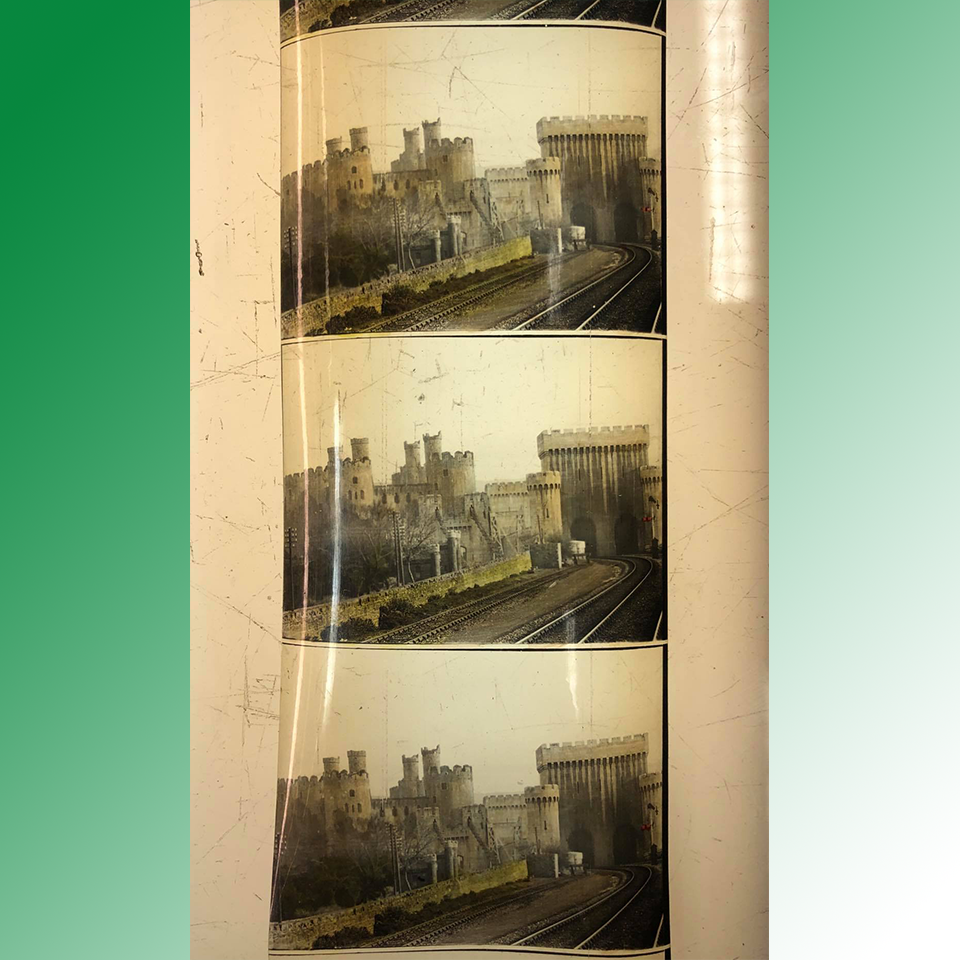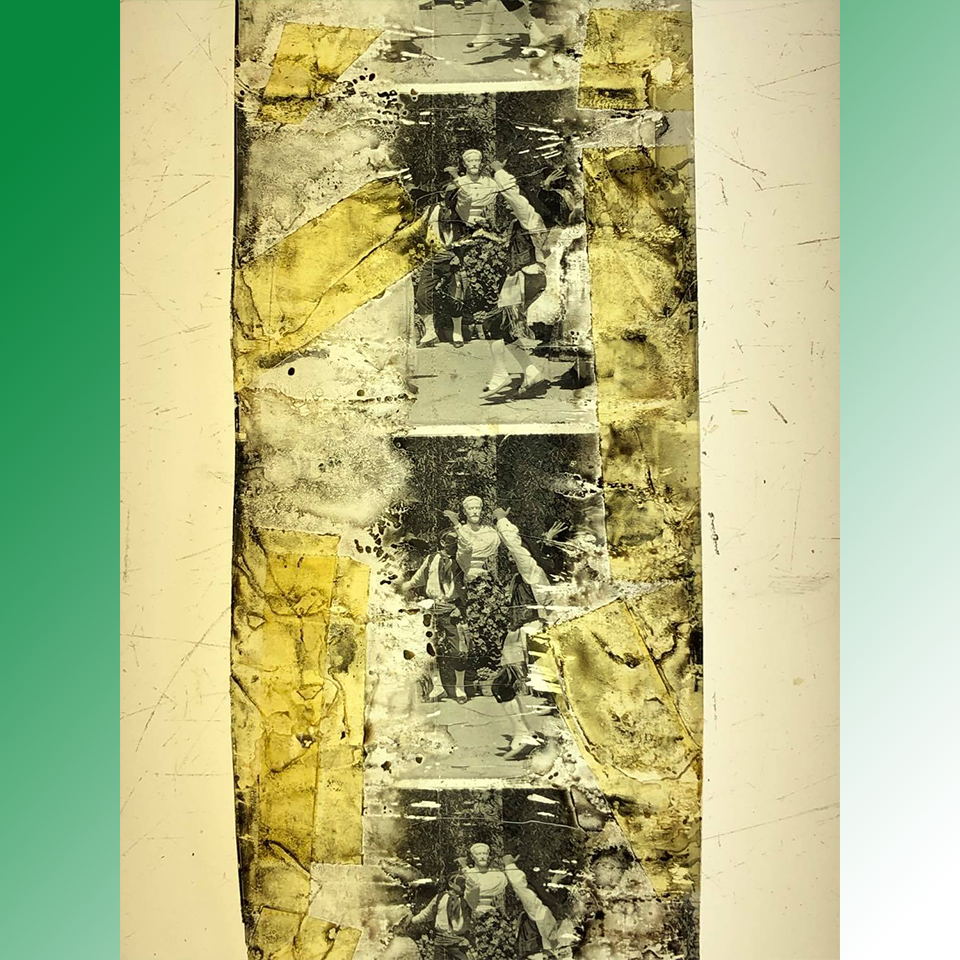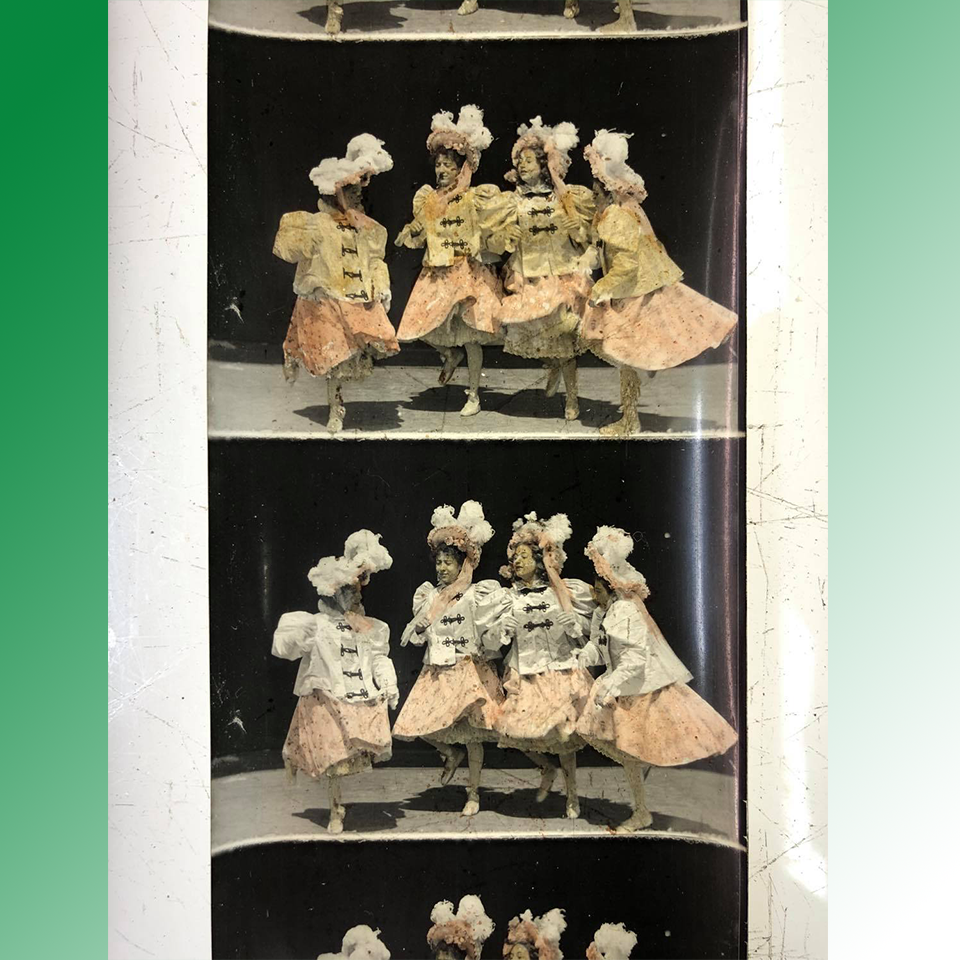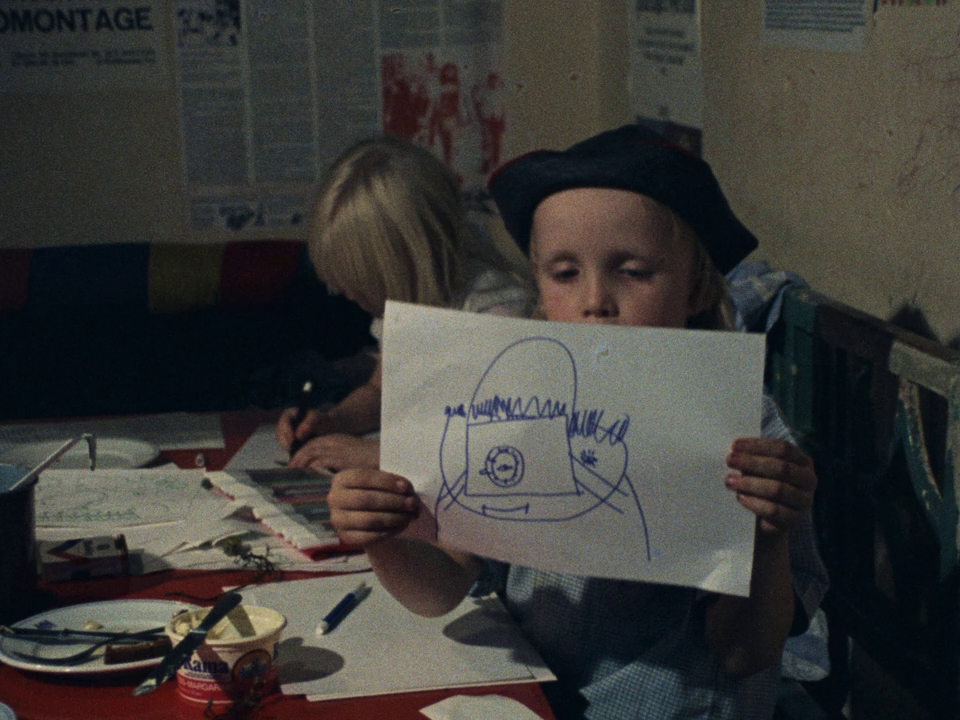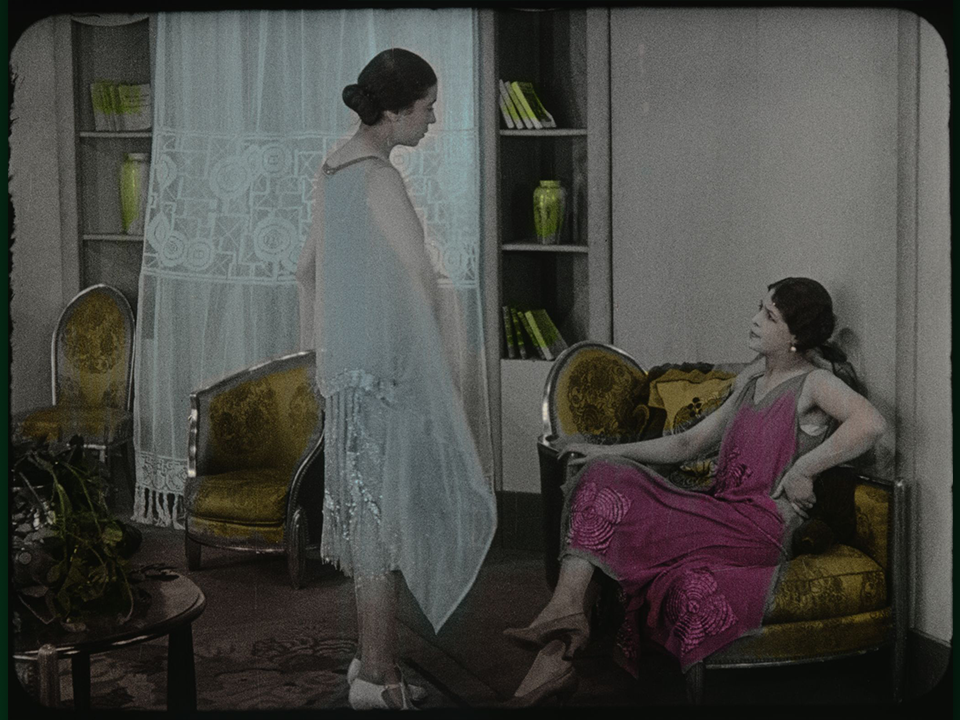Parijsche Mode
March 24, 2021Golden Gate City
April 2, 2020
Dobropillya Restoring The Biograph 68mm films
The Biograph and Mutoscope 68mm film was invented by Edison’s chief engineer W. K. L. Dickson, which captured some of the earliest moving images of Europe (1897-1902). Its unusually large format (68 x 50mm) without perforation provides extremely hi-resolution images of the everyday lives in Europe from 120 years ago. It also provides a challenge for archives on how to preserve and restore them. The previous analogue restoration which carried out also by Haghefilm in the 1990s copied the 68mm nitrate positive on to 35mm film with image area about 24 x 18mm, almost 8 times smaller than the original.
In 2018, Haghefilm carried out a new 68mm digital restoration project for the BFI National Archive and EYE Filmmuseum, which holds two of the largest 68mm film collections in the world. And the result was the highly successful IMAX screening The Great Victorian Moving Picture Show.
In 2019, with the funding from the European Commission’s ‘European Tribute to Film Heritage’ programme, EYE Filmmuseum decided to restore 50 more titles of 68mm films from its own collection and from the BFI National Archive. Haghefilm participated in the restoration project and provided digitisation and digital post production services.
Biograph 68mm film was printed on nitrate based film material with 1/3 to 1/2 of thicknesses compare with normal nitrate film. Large format and thin support characterise most of the Biograph 68mm films. That contributed to its fragile nature and in some cases highly damaged conditions.
As the result, all 68mm films must be carefully examined, meticulously repaired and cleaned frame by frame before digitisation. To minimise further damage to the original material, we used a special Rostrum table to carry out the digitisation. It provides the least physical contact with the film material and gives the ultimate stability during scanning and highest image quality. The resolution is 8K which transfers the brilliant 68mm image perfectly to its original glory.
